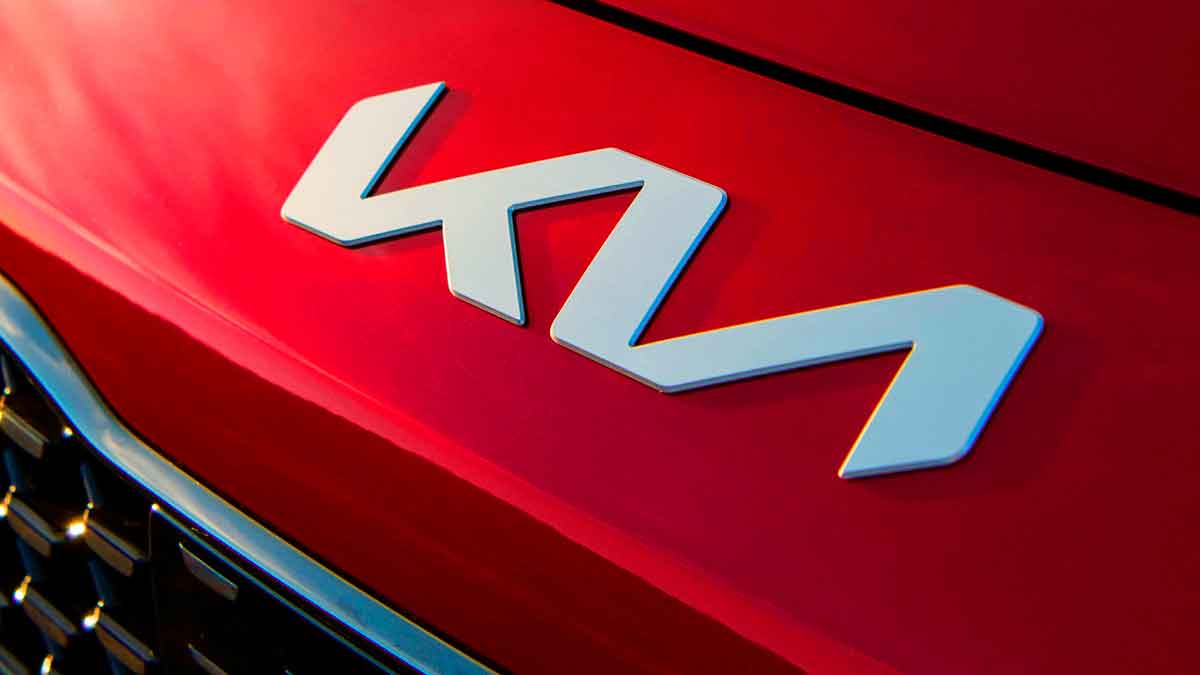Through a statement issued by the leading vehicle manufacturing company itself, Kia, has made public the announcement of the recall of more than 60,000 cars of a specific model due to a fault that puts the safety of users at risk and directly affects all drivers. Although it is usual for NHTSA (National Highway Traffic Safety Administration) reports to resolve this type of problem for the benefit of drivers and to ensure their safety, Kia has surprised by the large number of vehicles involved due to a manufacturing error detected on a massive scale. Find out what it is and if your car is among those that may present this problem.
Cars to be recalled by Kia
By decision of the Kia company itself and with the official communication of the NHTSA, it has become effective the recall order of a particular model that reached more than 60,000 units sold between 2022 and 2024 in the United States. It is all due to a serious fault that compromises the vehicle’s operation and causes loss of power when in use. It is important to note that this model, the Kia EV6, was very successful at its launch thanks to its ecological and electric design, achieving outstanding sales figures.
The problem lies in the Integrated Charging Control Unit (ICCU) battery, which has failed in several vehicles manufactured during this period. According to the report, these vehicles have been recalled for a software update that will resolve the problem, allowing the cars to return to normal operation. Once this intervention has been carried out, the vehicle’s power output will not be affected and the Kia EV6s will be safe to drive again.
If you are one of those affected and have not received a notice from Kia, it is important that you contact the company’s customer service department at 1-800-333-4542. They will ask you for confidential information to verify if you own one of the affected vehicles and, if so, they will offer you the repair free of charge. According to the company, after this maintenance process, the 62,872 cars involved will be ready to return to the road without risk of new electrical failures.
Similar cases
Like Kia, Hyundai has also faced similar situations with some of its electric models. Specifically, the Hyundai IONIQ and Genesis models , which exceeded 145,000 affected vehicles, presented problems related to battery charging. These failures caused a progressive decrease in the power of the charging units, even damaging them permanently over time.
In response, NHTSA stepped in to issue a recall, urging owners to have their vehicles serviced at authorized repair shops to resolve the problem. As in the case of Kia, Hyundai assumed the costs of maintenance, demonstrating its commitment to customer safety and to resolving failures in its electric cars.






